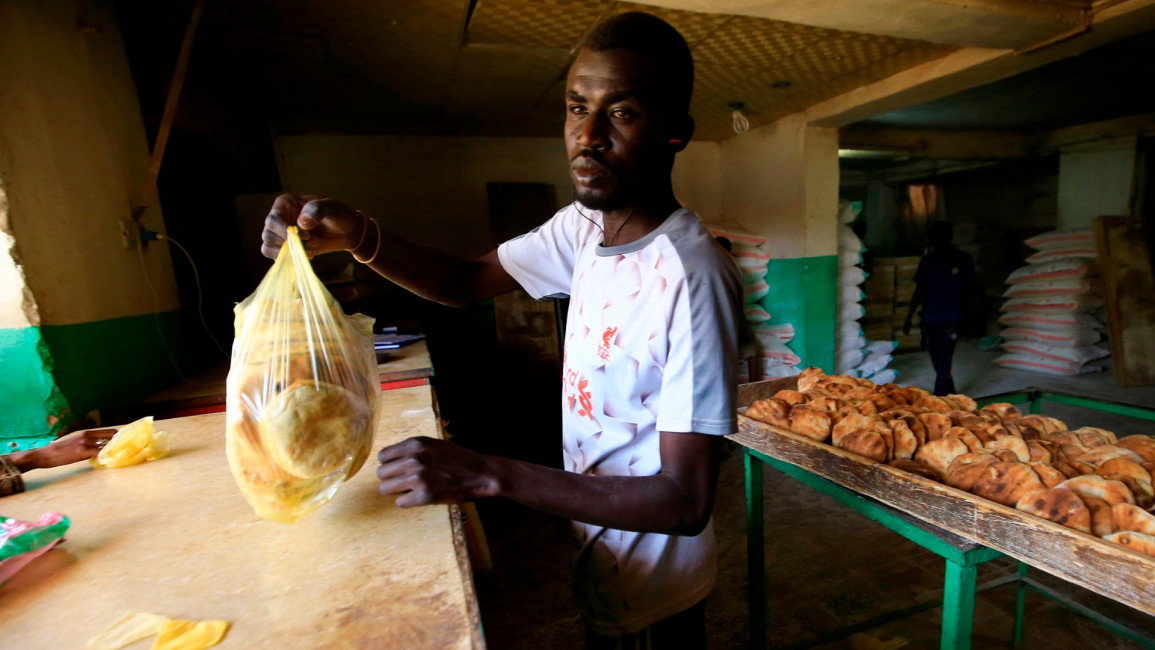IMF says initial deal reached with Sudan to reform economy
The development comes just over a year after the removal of autocratic President Omar al-Bashir, who is wanted by the international war crimes tribunal for atrocities in the Darfur region.
The IMF said it held virtual meetings with Sudanese authorities this month to discuss the government's plans to stabilise the economy, strengthen the social safety net, and improve governance and the business environment.
"The focus is on reducing fiscal and external deficits to contain inflation, strengthening social programs to mitigate the impact of adjustment and address the fallout of Covid-19, and improving the business environment and governance," said Daniel Kanda, who led the IMF mission to Sudan.
He said the reforms envisage increasing domestic revenue and reforming energy subsidies to create room for more spending on social programmes, including the health sector and assistance to the poor.
Sudan has reported more than 8,800 cases of coronavirus, including 548 deaths, but testing is limited and the country's health system is ill-equipped to handle a pandemic.
Battered by decades of US sanctions and mismanagement under Bashir, Sudan suffers from high inflation, which reached 114 percent in May, a foreign debt at close to $60 billion and widespread shortages of essential goods, including fuel, bread and medicine.
Sudan's debt was at over 190 percent of its GDP in 2019 and the nation's currency, the Sudanese pound, continues to depreciate rapidly, Kanda said. The pound is valued on the black market for over double of its official rate of 55 pounds to the dollar.
Overall, the Sudanese economy contracted by 2.5 percent in 2019 and is projected to shrink by 8 percent in 2020 as the coronavirus pandemic weighs heavily on the economy, he said
There was no immediate comment from the Sudanese government and the IMF did not reveal the amount of the deal. Khartoum hopes an international virtual conference on Sudan, hosted by Berlin on Thursday, would unlock desperately needed foreign aid.
Sudanese Prime Minister Abdalla Hamdok last year said his government needs up to $8 billion in foreign aid in the next two years, and another $2 billion to shore up the plunging local currency.
Another obstacle in Sudan's path to reforms is the fact that the US had named the country a state sponsor of terrorism in 1993, and the designation stuck throughout Bashir's rule. The US began a formal process to de-list Sudan in January 2017, but this was put on hold when Sudan's mass protests erupted late in 2018.
The uprising toppled Bashir in April 2019 and eventually forced the military into a power-sharing agreement with civilians.
Follow us on Facebook, Twitter and Instagram to stay connected


![President Pezeshkian has denounced Israel's attacks on Lebanon [Getty]](/sites/default/files/styles/image_684x385/public/2173482924.jpeg?h=a5f2f23a&itok=q3evVtko)



 Follow the Middle East's top stories in English at The New Arab on Google News
Follow the Middle East's top stories in English at The New Arab on Google News


